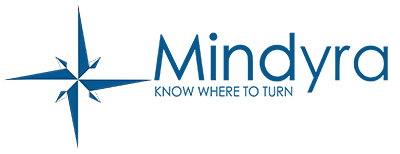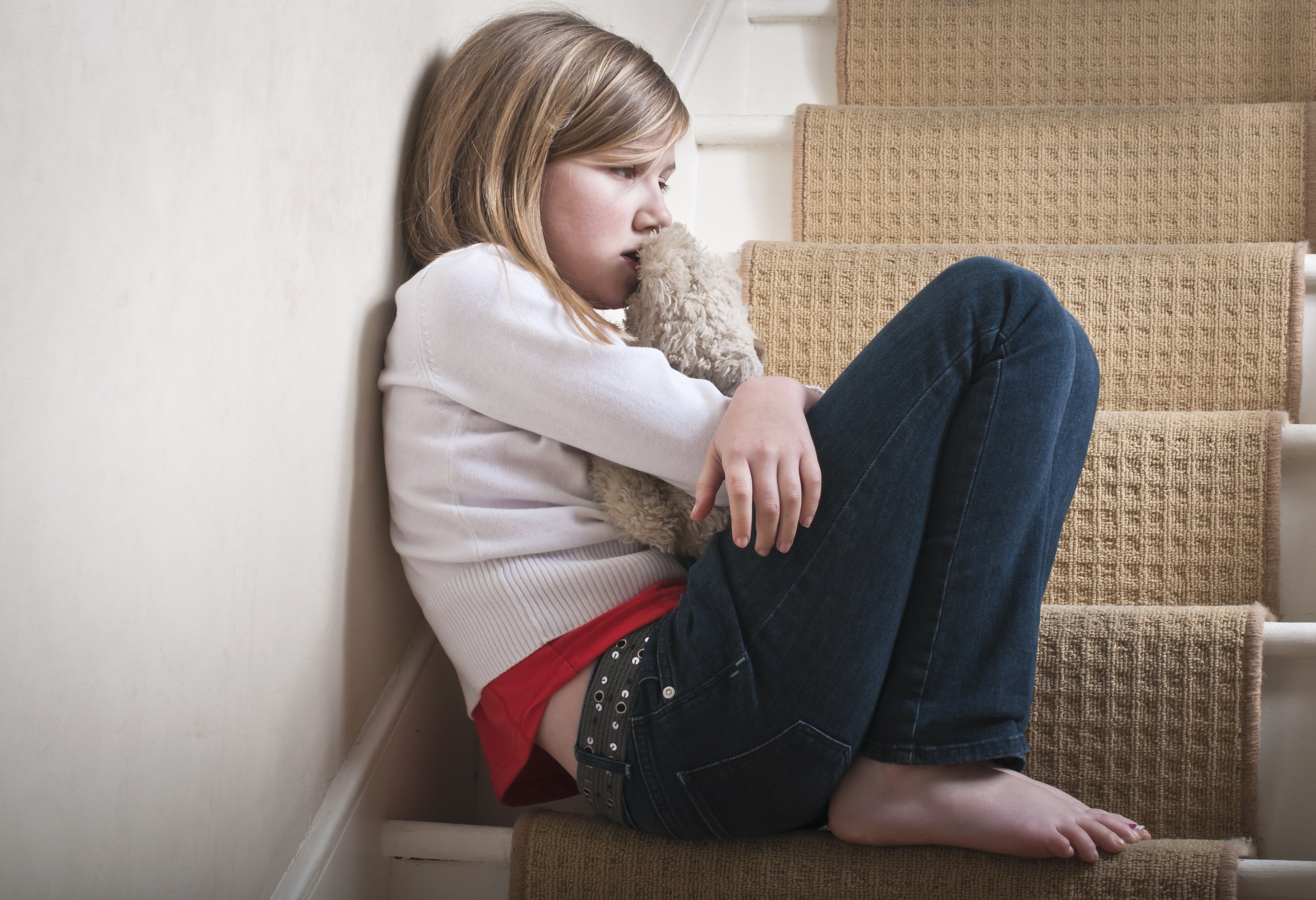There are several subtypes of Delusional Disorder:
- Erotomatic Type: The central theme of the delusion is that another person is in love with the individual
- Grandiose Type: The central theme of the delusion is the conviction of having some great (but unrecognized) talent or insight or having made some important discovery
- Jealous Type: The central theme of the individual’s delusion is that his or her lover is unfaithful
- Persecutory Type: The central theme of the delusion involves the individual’s belief that he or she is being conspired against, cheated, spied on, followed, poisoned or drugged, maliciously maligned, harassed, or obstructed in the pursuit of long-term goals
- Somatic Type: The central theme of the delusion involves bodily functions or sensations.
Although the fixed belief may vary in nature, there are several characteristics of a delusion: (1) the individual expresses the belief(s) with unusual force and persistence; (2) the belief(s) exert an inordinate effect on the patient’s life, often altering or dominating it; (3) despite profound conviction about the delusion, the individual is often secretive or suspicious in discussing it; (4) he/she tends to be sensitive and humorless regarding the delusion; (5) the belief is central to the person’s existence, and questioning it elicits an inappropriately strong emotional reaction; (6) the belief is unlikely, and not in keeping with the person’s social, cultural or religious background; (7) the person is highly invested emotionally in the belief, and other elements of their emotional health are negatively impacted; (8) If the belief is acted upon, abnormal behavior may result that is out of character for the individual; (9) the belief and behavior are felt to be uncharacteristic by those who know the individual.








